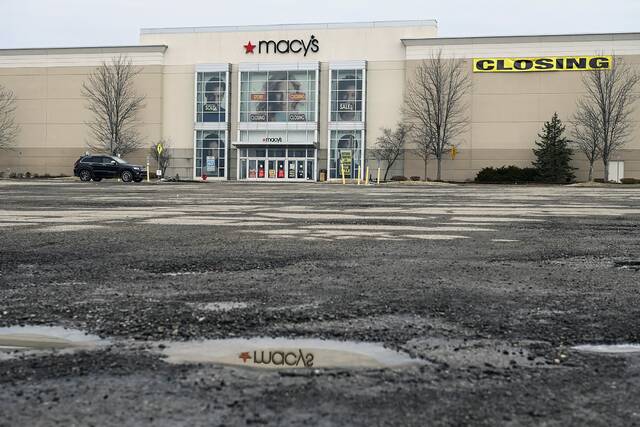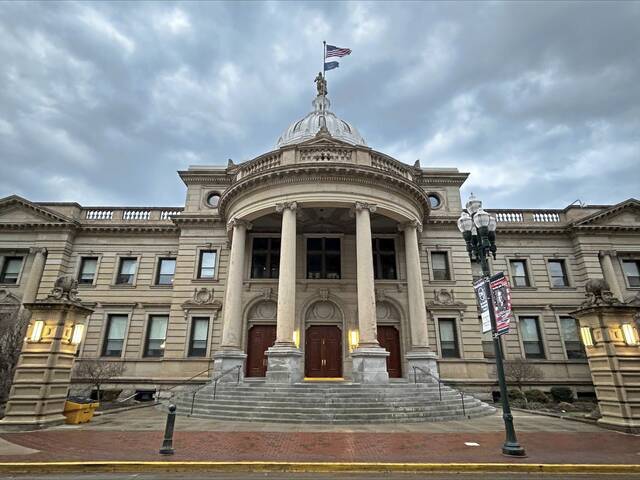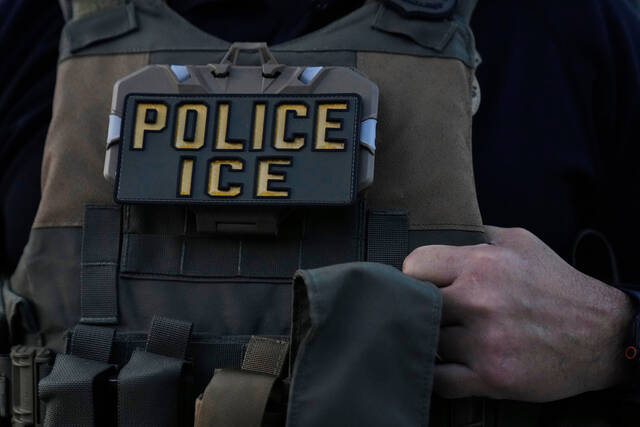A national security review of U.S. Steel’s proposed sale to Nippon Steel was set to reach President Donald Trump’s desk Wednesday, but the final call on the $14.9 billion takeover is entirely up to the president.
“We long ago left the point at which there are rules that dictate anything here,” said Stephen Heifetz, a lawyer with Wilson Sonsini and former U.S. national security official. “The only rules, so to speak, are the ones set by the president.”
Trump reset the game altogether in April, when he ordered the Committee on Foreign Investment in the United States to reexamine the embattled acquisition, just months after then-President Joe Biden blocked it on national security grounds.
Oddly, Trump reiterated his opposition to the domestic steel icon “going to Japan” in almost the same breath.
Whether it’s politically viable to block the deal, though, may no longer be up to him.
On top of the purchase price, Nippon promised this week to invest up to $14 billion into U.S. Steel, including $4 billion for a new electric arc furnace mini mill at a yet-to-be-determined location.
That’s up from the company’s initial $1.4 billion overall investment pledge.
And according to state Sen. Kim Ward, R-Hempfield, $2.4 billion would flow into Pennsylvania, preserving and adding to the roughly 11,000 jobs supported by U.S. Steel’s operations in the state.
Ward said she has been in close contact with the White House, Nippon, U.S. Steel, the United Steelworkers union and industry suppliers throughout the saga.
“This is our chance to revive a proud American industry and secure its future right here in Pennsylvania,” she said.
Blocking the deal could be a tough look for Trump, who touts plans to boost domestic manufacturing.
“I think workers are going to have a hard time accepting that the president is rejecting billions of dollars that could keep them employed,” said Paul Sracic, an adjunct fellow at the Hudson Institute with expertise in U.S.-Japan relations.
A source familiar with the matter told TribLive the growing investment pledges from Nippon were the direct result of negotiations between the Japanese company and the administration.
Nippon did not return requests for comment.
U.S. Steel declined to comment.
Industry experts say upgrades are urgently needed to keep the Mon Valley Works functional and competitive. Even before bumping its overall proposed investment to $14 billion, Nippon pledged more than $1 billion to replace or upgrade a hot strip mill and make other enhancements in the Mon Valley.
The integrated steel-making operation includes blast furnaces in Braddock, a rolling mill in West Mifflin and a coke plant in Clairton. It employs more than 3,000 workers, all of whom are represented by the United Steelworkers union.
Union president David McCall has opposed the acquisition since it was announced in late 2023. That could provide Trump some cover if he shoots down the deal, Sracic noted, though many members have called on their leader to stand down. The president may not be eager to seem aligned with McCall, anyway.
The union’s top brass remains embedded in Democratic politics — Biden and McCall were close allies — even as the rank-and-file has shifted toward Republicans in recent years. Trump stickers aren’t an uncommon sight on local steelworkers’ hard hats.
McCall issued a statement Thursday doubting Nippon’s “flashy promises” and warning the company “is simply seeking to undercut our domestic industry from the inside.”
He added: “President Trump has publicly pledged to block this sale since January 2024. We now urge him to act decisively, shutting the door once and for all on this corporate sellout of American steelworkers and defending U.S. manufacturing.”
It wasn’t always clear whether Trump would get a say in the matter. Until April, it seemed Biden’s decision might stick, even as the companies challenged the federal government in court.
But the bottom line, Heifetz said, is the sitting president “can do whatever he wants” when it comes to the Committee on Foreign Investment in the United States — including Trump’s order for a new review.
The panel’s suitability for political ends comes from its secrecy and immunity from judicial review, Heifetz said. Aggrieved companies cannot sue to overturn a decision, though they can argue the process was tainted and ask for a redo, as Nippon and U.S. Steel have done.
The committee generally has 45 days to conduct its review. Once the president receives the recommendation, he has 15 days to decide on the transaction — at least in theory.
Trump’s executive order puts no constraints on his decision-making process, meaning he could likely take as long as he wanted, according to Heifetz. June 5 will mark 15 days.
The results of the committee’s report have not been made public.
Neither the Treasury Department, which leads the national security panel, nor the White House returned requests for comment.








